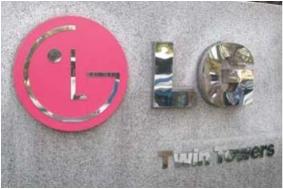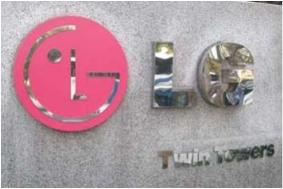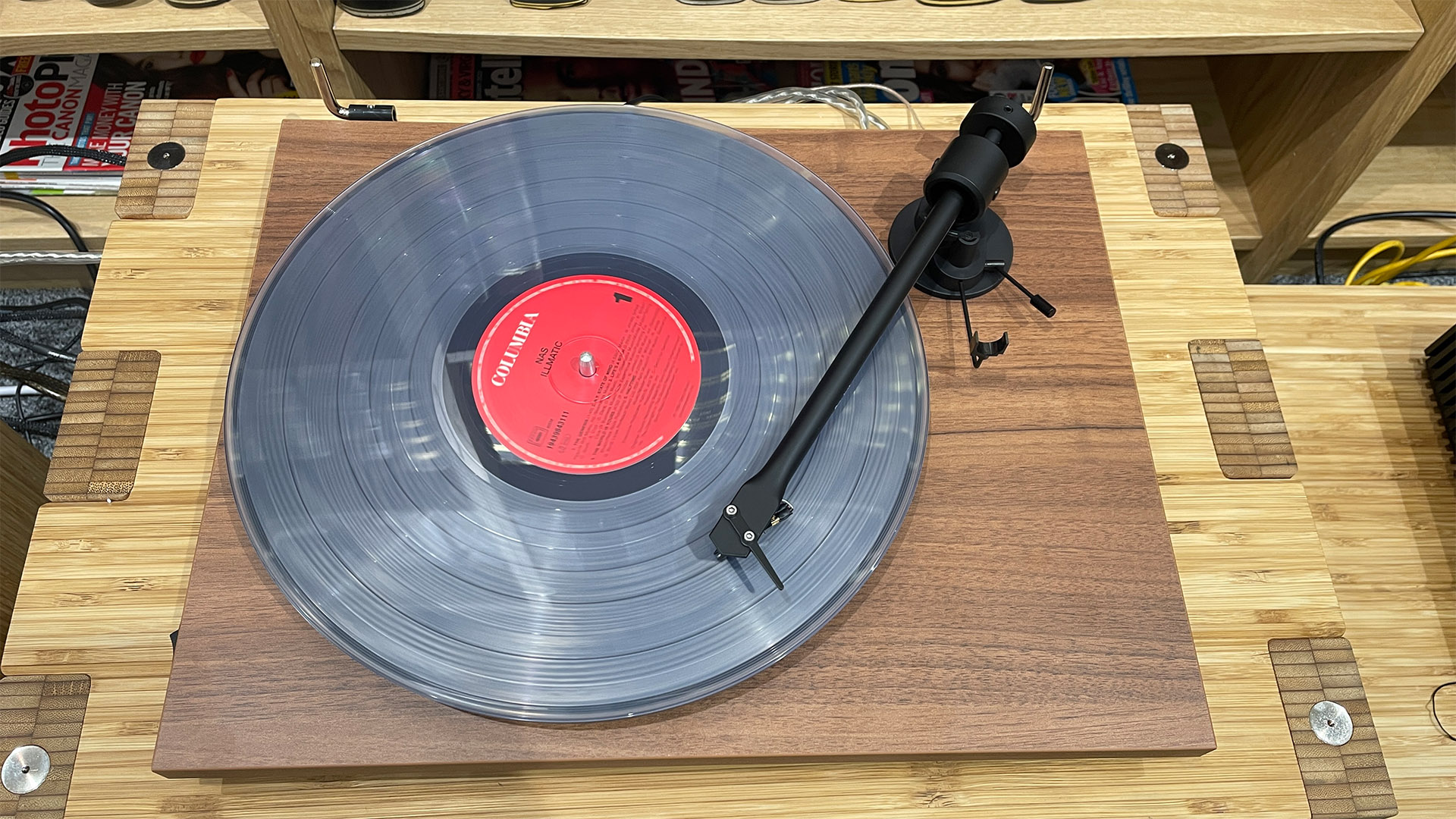JAPAN/KOREA: Tumbling TV prices hit consumer electronics companies' profits
Underperforming smartphones also hit LG; Sony struggles in the music and movies business; and strong currencies remain a problem


Meanwhile its consumer products division, which makes TVs, computers, home cinema systems and the like, had its second loss-making quarter in a row.
Still struggling in Japan
In Japan, some of the top names are still struggling. Sony made a net profit of Y72.3bn (£547m) in the last three months of last year, but that was down 8.6% on the same period in 2009.
Despite strong performance in the domestic Japanese TV market, where sales have been boosted by the equivalent of a scrappage program led by environmental campaigns and ahead of Japan's digital TV switchover this summer, Sony says falling prices, and the strength of the Yen against foreign currencies, are squeezing its margins on every TV it sells.
Disappointing performance by the company's music, film and TV production divisions have also played their part in dragging down the figures: Sony Music's sales fell 14.5% year-on-year, and those at Sony Pictures were down 26.7%.
Sharp also noted the boost in TV sales on the Japanese market, which increased revenue by 12%, but again net profit for the last three months of 2010 fell by 19% year-on-year.
Panasonic may have seen its quarterly net profit rise by 24% over the October-December period, but while TV sales were up 28% over the three months, again largely due to strong domestic demand, the TV part of its business still isn't in the black.
While the company isn't saying how much money it's losing on TVs, its finance chief Makoto Uenoyama told a news conference that 'There are many reasons why the TV business was in the red, but one factor is that global price declines have steepened since October in competition with Samsung and LG.'
The company is also suffering from slack demand for cameras, computers and mobile phones, and has plans to refocus its operations on areas where it thinks it can make money, such as rechargeable batteries for use in electric vehicles, and solar/alternative energy sources.
Toshiba turns a TV profit
Want some good news? Well, despite those falling TV prices and the impact of the strength of the yen, Toshiba moved into profit in the last three months of 2010. It made a net profit of Y12.37bn (£93.7m), up over Y23bn (£174m) on the loss it showed for the last three months of 2009.
All done despite problems with TV prices? Not quite: the company says its TV business saw profits grow, on sales more than doubled on the domestic Japanese market.
Its hard drive business is more of problem, according to Executive VP Fumio Muraoka, but the company's flash memory operations are booming, fed by demand for smartphones and tablet devices.
Profits in Toshiba's semiconductor business more than doubled, and flash memory contributed almost two thirds of the Y37.45bn (£284m) operating profit for the quarter, compared to Y14.49bn (just over £110m) for the same period in 2009.
The company's turnaround was achieved despite only marginal increases in revenue, and in the face of the effects of currency problems, principally the strength of the yen against the Euro.
Without the strength of the yen, the company estimates its profits would have been almost 50% higher.
Follow whathifi.com on Twitter
Join whathifi.com on Facebook
Get the What Hi-Fi? Newsletter
The latest hi-fi, home cinema and tech news, reviews, buying advice and deals, direct to your inbox.
